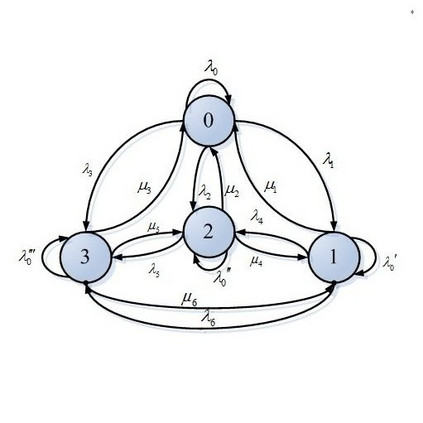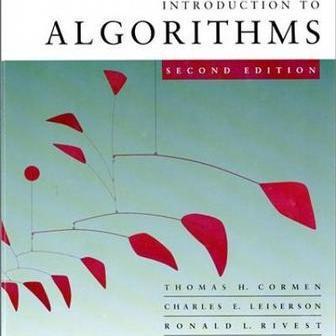Quantum computing is a nascent technology, which is advancing rapidly. There is a long history of research into using computers for music. Nowadays computers are absolutely essential for the music economy. Thus, it is very likely that quantum computers will impact the music industry in time to come. This chapter lays the foundations of the new field of 'Quantum Computer Music'. It begins with an introduction to algorithmic computer music and methods to program computers to generate music, such as Markov chains and random walks. Then, it presents quantum computing versions of those methods. The discussions are supported by detailed explanations of quantum computing concepts and walk-through examples. A bespoke generative music algorithm is presented, the Basak-Miranda algorithm, which leverages a property of quantum mechanics known as constructive and destructive interference to operate a musical Markov chain. An Appendix introducing the fundamentals of quantum computing deemed necessary to understand the chapter and a link to access Jupyter Notebooks with examples are also provided.
翻译:量子计算是一种新兴技术,正在迅速发展。 使用计算机进行音乐研究的历史悠久。 现在计算机是音乐经济的绝对必要条件。 因此, 量子计算机很可能在未来影响音乐产业。 本章奠定了“ 量子计算机音乐” 这一新领域的基础。 它首先介绍了算法计算机音乐和制作计算机生成音乐的方法, 如Markov 链条和随机行走。 然后, 它介绍了这些方法的量子计算版本。 这些讨论得到了量子计算概念和行走实例的详细解释的支持。 提出了一种简单的基因化音乐算法, 巴萨克- 米兰达算法, 它利用量子力学的特性, 被称为具有建设性和破坏性的干扰, 来操作音乐马可夫连锁。 还提供了一个附录, 介绍量子计算学基本原理, 以理解该章节, 并连接Jupyter笔记本中的示例。





